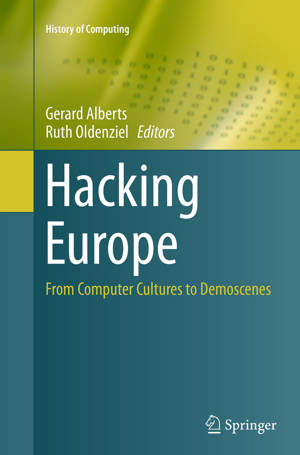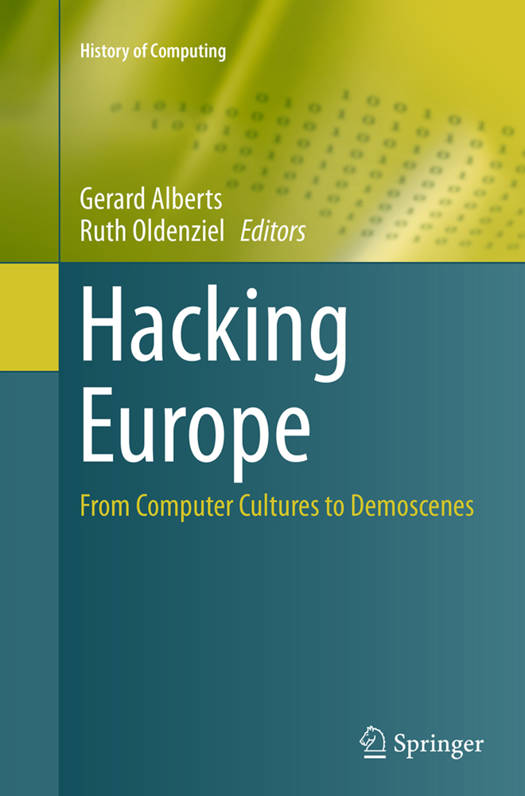
- Afhalen na 1 uur in een winkel met voorraad
- Gratis thuislevering in België vanaf € 30
- Ruim aanbod met 7 miljoen producten
- Afhalen na 1 uur in een winkel met voorraad
- Gratis thuislevering in België vanaf € 30
- Ruim aanbod met 7 miljoen producten
Omschrijving
Hacking Europe traces the user practices of chopping games in Warsaw, hacking software in Athens, creating chaos in Hamburg, producing demos in Turku, and partying with computing in Zagreb and Amsterdam. Focusing on several European countries at the end of the Cold War, the book shows the digital development was not an exclusively American affair. Local hacker communities appropriated the computer and forged new cultures around it like the hackers in Yugoslavia, Poland and Finland, who showed off their tricks and creating distinct "demoscenes." Together the essays reflect a diverse palette of cultural practices by which European users domesticated computer technologies. Each chapter explores the mediating actors instrumental in introducing and spreading the cultures of computing around Europe. More generally, the "ludological" element--the role of mischief, humor, and play--discussed here as crucial for analysis of hacker culture, opens new vistas for the study of the historyof technology.
Specificaties
Betrokkenen
- Uitgeverij:
Inhoud
- Aantal bladzijden:
- 269
- Taal:
- Engels
- Reeks:
Eigenschappen
- Productcode (EAN):
- 9781447170693
- Verschijningsdatum:
- 22/09/2016
- Uitvoering:
- Paperback
- Formaat:
- Trade paperback (VS)
- Afmetingen:
- 156 mm x 234 mm
- Gewicht:
- 394 g

Alleen bij Standaard Boekhandel
Beoordelingen
We publiceren alleen reviews die voldoen aan de voorwaarden voor reviews. Bekijk onze voorwaarden voor reviews.










